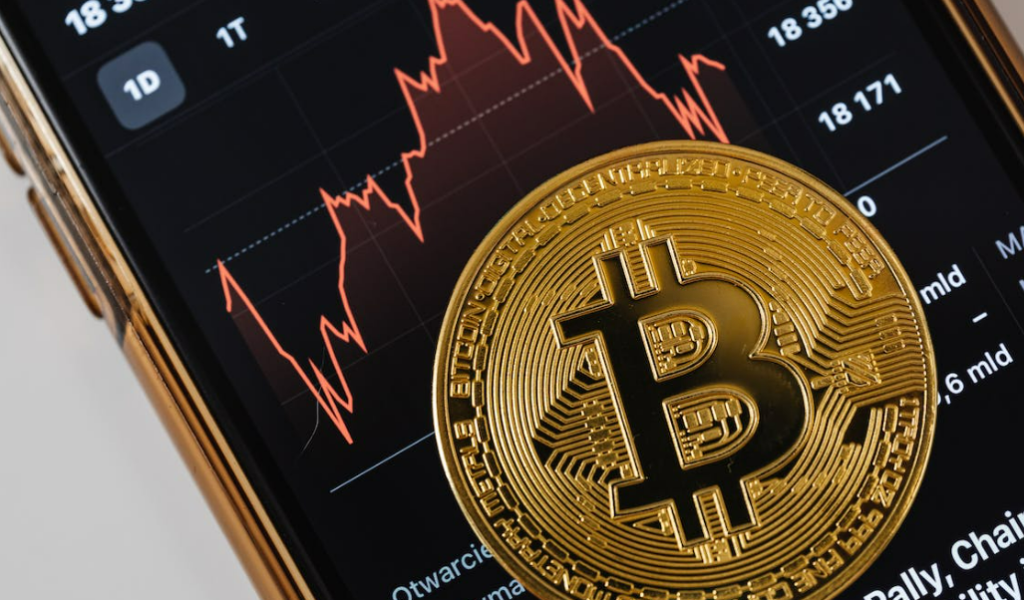Cryptocurrency exchanges allow you to buy, sell, and trade cryptocurrencies like Bitcoin and Ethereum. With the rising popularity of cryptocurrencies, the number of exchanges has proliferated. This gives investors many options but also makes choosing the right platform more difficult. Here are some key tips for picking the best cryptocurrency exchange for your needs:

Information to Consider When Choosing an Exchange
- Reputation – Look for an established exchange with a solid track record and positive reviews. Avoid exchanges with a history of hacks, scams or controversy.
- Fees – Exchanges charge a variety of fees including trading fees, deposit/withdrawal fees, etc. Compare fee structures.
- Supported Currencies – Ensure the exchange supports the cryptocurrencies you want to trade. Some only facilitate Bitcoin trading.
- Security – Review the exchange’s security practices. Look for two-factor authentication, cold storage of funds and other safety measures.
- User Experience – Pick an exchange with an intuitive interface and robust trading features. Test drive the platform.
- Payment Methods – Convenient funding/withdrawal via bank transfer, credit card, PayPal or other options is key.
- Geographical Restrictions – Exchanges may limit access in certain countries and regions due to regulations.
- Liquidity – Higher liquidity exchanges have more active trading volume and tighter spreads. This provides faster executions.
- Customer Support – responsive and knowledgeable customer support reflects a quality operation.
How to Write 5 Key Paragraphs on This Topic
Paragraph 1: Introduction
Introduce the topic of cryptocurrency exchanges and the goal of choosing the right platform tailored to your needs and priorities.
Paragraph 2: Reputation/Security
Discuss the importance of a reputable, secure exchange with robust protections against hacks and scams. Cite examples of problematic exchanges lacking adequate security.
Paragraph 3: Fees
Compare and contrast the typical fee structures of major exchanges. Analyze the impact of trading volumes on fees. Caution against exchanges with unusually high fees.
Paragraph 4: Ease of Use
Emphasize user experience and convenience factors like intuitive interfaces, extensive trading features, payment integration, and excellent customer support.
Paragraph 5: Conclusion
Summarize key points and reiterate the need for careful due diligence in selecting a cryptocurrency exchange optimized for your specific circumstances.
Special Tips and Tricks for Choosing an Exchange
- Start by comparing features of high-volume, mainstream exchanges like Coinbase, Binance, Kraken and Gemini.
- Give more weight to security, fees, and reputation than unnecessary bells and whistles. Stick to well-established players.
- Don’t fixate only on exchange rates and fees. Factor in funding options, interface usability and liquidity too.
- Remember convenience comes at a cost. Exchanges catering to beginners typically charge higher fees.
- Store most holdings in a secure wallet and limit exchange exposure. Don’t leave coins on an exchange indefinitely.
- Use exchanges as on-ramps to purchase crypto then transfer to a wallet. Utilize exchanges strictly for trading activity.
Key Facts About Cryptocurrency Exchanges
- There are over 500 cryptocurrency exchanges worldwide. The largest exchanges include Binance, Coinbase, Kraken, Gemini and Crypto.com.
- Exchanges with no KYC requirements provide more anonymity but are more risky and prone to scams.
- Decentralized exchanges like Uniswap operate on blockchain technology without a company controlling funds.
- Most exchanges only facilitate crypto-to-crypto trading. Some also enable fiat purchases via bank transfer or card.
- Exchanges may require ID verification, proof of address and other KYC details to use their services.
Frequently Asked Questions
Which exchange has the lowest fees?
Fees vary based on factors like trade volume, payment methods and market orders vs limit orders. Overall Binance, Kraken and Crypto.com tend to offer lower trading fees for high volume traders.
Is Coinbase a good exchange?
Coinbase is one of the most popular fiat-to-crypto exchanges thanks to its beginner-friendly interface. Fees are relatively high but Coinbase offers insured custodial wallets, extensive trading pairs and seamless fiat integration.
Should I store crypto on an exchange?
Storing substantial holdings long-term on an exchange is risky. Hardware wallets offer better security. Use exchanges only to purchase and actively trade cryptocurrencies.
What should I look for in a decentralized exchange?
Focus on decentralized exchanges with strong developer teams, robust security audits, high liquidity and a track record of reliable performance. Uniswap is the most widely-used.
Which exchange has the most coins listed?
Binance offers over 500 trading pairs and consistently lists new coins quickly. Crypto.com, Kucoin and Gate.io also list hundreds of altcoins and new listings frequently.
Conclusion
Choosing a cryptocurrency exchange requires careful analysis of factors like security, fees, supported currencies, liquidity, ease of use and customer support. Do your research to find the right platform for your investing profile and needs. Prioritize security and convenience with exchanges as an on-ramp for purchasing crypto.